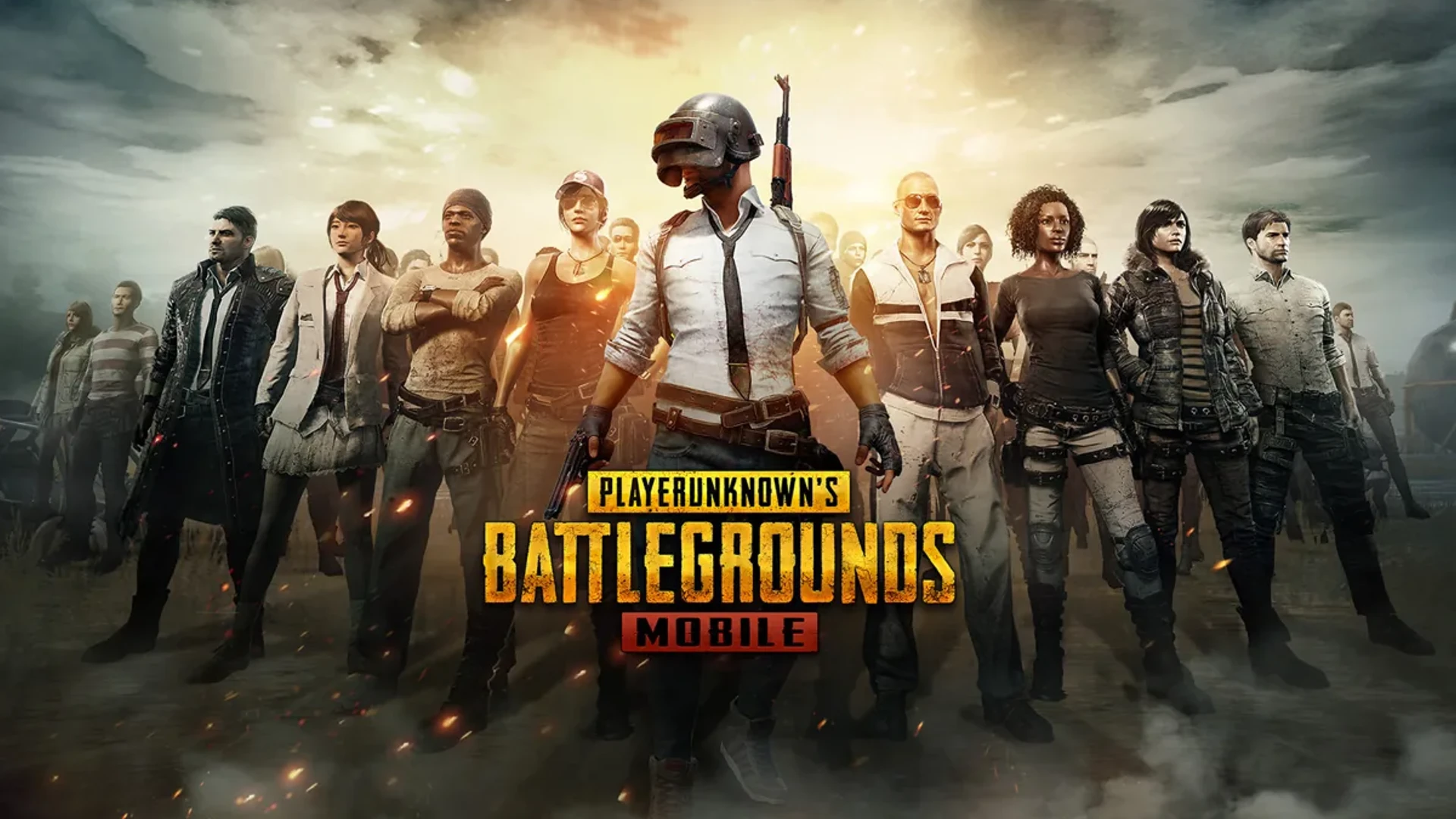Krafton, a South Korean video game maker, accused Garena of copying its PUBG: Battlegrounds game and creating Garena Free Fire and Garena Free Fire Max.
Kraton, the developer of the popular mobile game PUBG (PlayerUnknown’s Battlegrounds Mobile), has filed a lawsuit in the United States against Apple, Google, and another game developer, Garena, for duplicating and selling its original battle royale game. Krafton, the South Korean video game maker, accused Garena of duplicating its PUBG: Battlegrounds game and creating copycat games Garena Free Fire and Garena Free Fire Max in a case filed in the US District Court in California.
Apple and Google were also sued for offering Garena games on their respective app stores.
Garena Free Fire and Garena Free Fire Max can be downloaded for free from the App Store and Google Play, with in-app purchases. Garena has allegedly gained “hundreds of millions” of dollars from app purchases, while Apple and Google have “also received a large amount of cash from their distribution of Free Fire,” according to Krafton.
Krafton says it urged Garena to “immediately cease exploitation of Free Fire and Free Fire Max,” which Garena allegedly rejected. Despite being available on both app stores, the games were also requested to stop being sold by Apple and Google.
On December 21st, Krafton claims it took the subsequent steps: it asked Garena to “immediately stop its exploitation of Free Fire and Free Fire Max,” which Garena allegedly rejected; it asked Apple and Google to stop distributing the games, which are still available on both app stores; and it asked YouTube to remove videos featuring Free Fire and Free Fire Max gameplay “that include elements that blatantly infringe Battlegrounds and, separately, the infringing feature,” which YouTube apparently refused In 2017, Garena marketed a game in Singapore that “copied” PUBG: Battlegrounds, according to Krafton.
According to the complaint, although disputes about that were addressed, no licensing agreement was reached.
